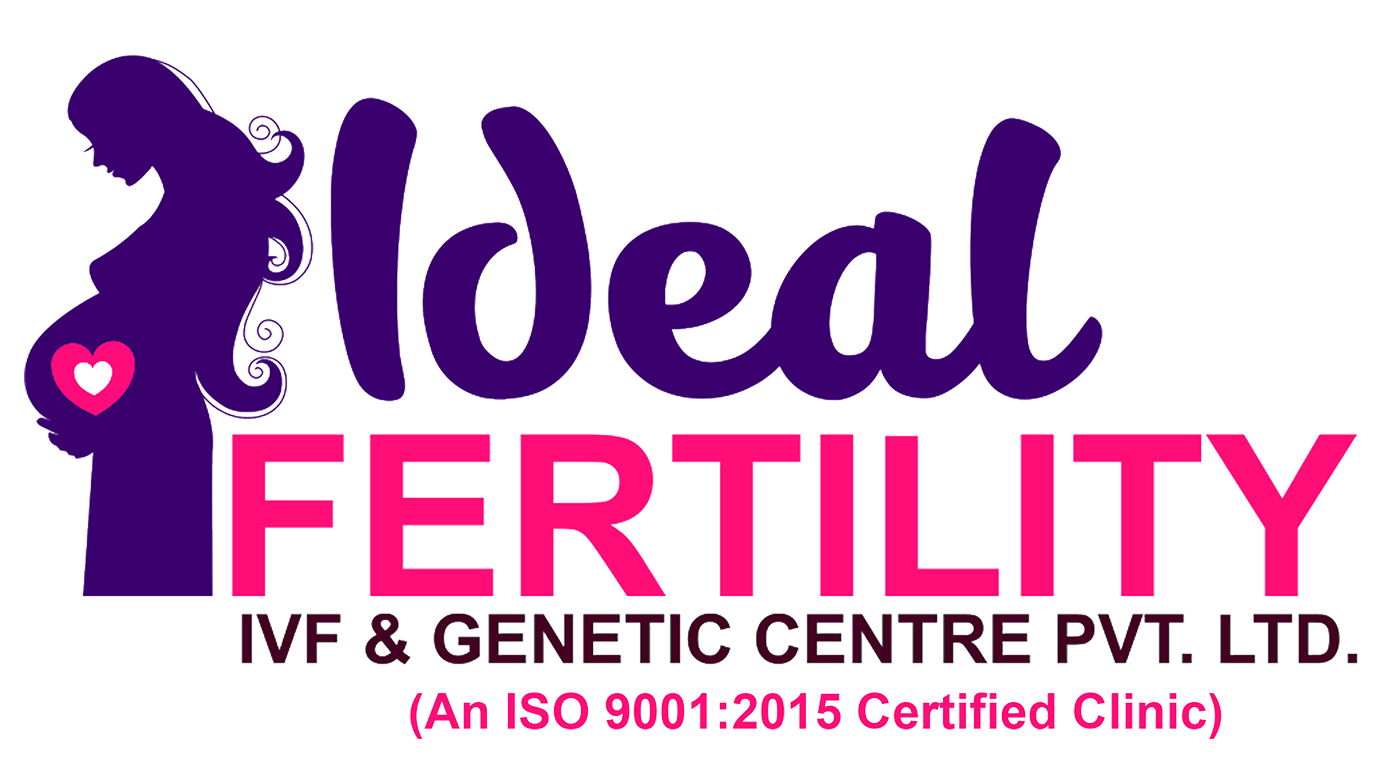Embryo Freezing (भ्रूण फ्रीजिंग)
Embryo freezing (भ्रूण जमाना), also known as embryo cryopreservation, is an essential procedure in assisted reproduction, allowing the storage of viable embryos for future use. This technique is especially valuable when multiple high-quality embryos are produced during an IVF cycle. The unused embryos are frozen and stored in liquid nitrogen, preserving them for future pregnancy attempts in case the first cycle does not result in a successful pregnancy.
Embryo freezing (भ्रूण फ्रीजिंग) can be highly beneficial for individuals and couples looking to delay pregnancy due to personal reasons or those undergoing fertility treatments where embryo transfer is postponed. At our Fertility Clinic, embryos are vitrified—an ultra-rapid freezing process that minimizes the risk of ice crystal formation and maximizes the chances of embryo survival after thawing. This method is particularly useful for individuals facing medical treatments like chemotherapy or for third-party reproduction using donor sperm or eggs.
Egg Freezing (अंडा फ्रीजिंग)
Egg freezing, (अंडा फ्रीजिंग) or oocyte cryopreservation, is another advanced fertility preservation technique. In this process, mature eggs are extracted, frozen, and stored for future use. This method is ideal for women who wish to preserve their fertility due to medical conditions or personal reasons. Women undergoing treatments that could affect fertility, such as chemotherapy or radiation therapy, or those who simply want to delay childbearing, can benefit from this option.
The egg freezing process at Ideal Fertility Clinic mirrors that of IVF. Eggs are retrieved through a minimally invasive procedure and are immediately frozen using vitrification to ensure high-quality preservation. When the woman is ready to conceive, the eggs are thawed, fertilized, and transferred into the uterus. Egg freezing offers women the flexibility to plan their family at a later stage while maintaining their biological fertility potential.
Who Benefits from Embryo and Egg Freezing?
- Fertility Preservation: Individuals undergoing medical treatments, such as cancer therapy, that could compromise their fertility can freeze embryos or eggs to protect their future reproductive potential.
- Delayed Pregnancy: Women and couples who want to delay starting a family for personal or professional reasons can benefit from freezing eggs or embryos, ensuring they can attempt pregnancy later when the time is right.
- Backup for IVF Cycles: Embryo freezing provides a safety net for future IVF cycles, eliminating the need for repeat ovarian stimulation and egg retrieval. This reduces physical strain and costs while maximizing the chances of future pregnancy.
- Third-Party Reproduction: In cases where third-party reproduction is involved, embryo freezing allows for the safe and efficient storage of donor eggs or sperm. This enables flexibility and control over timing.
Post-Thaw Success and Storage
Both embryos and eggs remain viable indefinitely when stored in liquid nitrogen. At Ideal Fertility Clinic, careful monitoring and post-thaw analysis are conducted to ensure that embryos and eggs maintain their quality after the freezing and thawing process. Our advanced vitrification techniques help achieve higher success rates, minimizing the risk of cell damage during freezing and thawing.
Benefits of Cryopreservation at Ideal Fertility Clinic
- Multiple Opportunities for Pregnancy: Freezing high-quality embryos and eggs allows for multiple future pregnancy attempts from a single IVF cycle.
- Reduced Risk of Multiple Pregnancies: Elective Single Embryo Transfer (eSET) allows for transferring one embryo at a time, reducing the risks associated with multiple births while keeping additional embryos for future use.
- Personal and Medical Flexibility: Cryopreservation gives individuals and couples the freedom to plan for the future, whether due to medical treatments or personal reasons, by preserving fertility now for future use.
